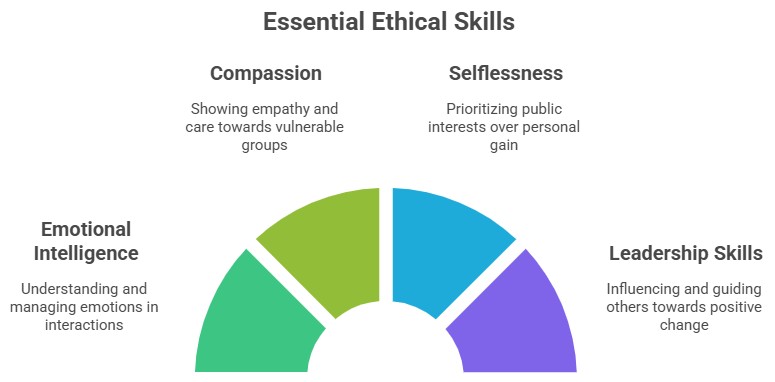Explore the growing issues of drugs and alcohol in India, their health and social impacts, ethical dilemmas for government, industry, and families, and the need for awareness, progressive laws, and community participation to reduce abuse.

Alcohol and drug abuse in India is emerging as a serious social and public health challenge, affecting individuals, families, and communities. Incidents like hooch tragedies and rising addiction rates highlight the urgent need for awareness, regulation, and responsible policies.
Quotes:
|
Stakeholders |
|
Government |
Individual liberty Vs. Constitutional responsibilities under DPSPs
Revenues generation vs. Health and social issues Ethical Dilemma over contribution of liquor business in government revenues and its duty to protect weak, vulnerable, and impressionable individuals. |
Individuals and families |
Right of Freedom of Choice Vs. Privacy of Individuals
Avoiding indebtedness by reducing money spent on alcohol. |
Liquor Industry |
Tax collection/Job Opportunities Vs. marketing products with harmful impact on individual
Protecting jobs in the liquor industry by overcoming the challenges from illegal liquor business which grows due to prohibition. |
Local Administration |
Increasing awareness among people on ills of liquor consumption, helping to reduce crimes committed by intoxicated people |
Society |
Social norms Vs. Personal discretion
Also, within societies, the views on alcohol consumption differ as in some it is part of socio-religious rituals while others call to abstain. |

With differing socio-religious opinions and dilemmas faced by multiple stakeholders, a participatory approach becomes vital for a good public policy. It can help in creating an atmosphere where each stakeholder, including individuals, understands their responsibility.


Refine your answer writing skills and elevate your UPSC preparation with personalized support and expert feedback.
Fill out the form to get started with the program or any other enquiries !








Are you dreaming of becoming an IAS officer? Then, IAShub can be your best guide. It is one of the Best IAS Coaching in Delhi. Many students who want to clear the UPSC exam join IAShub for learning. The institute gives both online and offline classes. Their teachers are experienced and helpful. They easily explain every topic. Students also get notes, tests, and tips to do well in the exam.
IAShub is in Delhi and is trusted by many UPSC students. It offers coaching for every part of the UPSC exam – Prelims, Mains, and Interview. The classes are simple and easy to understand. The teachers are experts and guide students in the right way. IAShub is also known for its helpful notes, test series, and answer-writing practice. IAShub is the best coaching in Delhi and also gives UPSC Online Classes. This helps students from any place in India to learn. The online classes are live and also recorded. So, students can watch them anytime. These classes cover the full UPSC syllabus.
Here are some important services provided by IAShub:
The UPSC Civil Services Exam has three parts:
This exam is tough, but with the right guidance, it becomes easy to manage. Students must study smart and stay regular.
IAShub supports students from the beginning to the end. It gives the right books, tests, and notes. The classes are easy to follow, and the teachers are always ready to help. Students get personal doubt sessions too. The test series and answer checking help students learn where they need to do better. Also, free study materials save time and money.
IAShub also guides students during the final stage – the interview. Experts take mock interviews and give useful tips. This full support makes IAShub one of the best IAS coaching in Delhi.